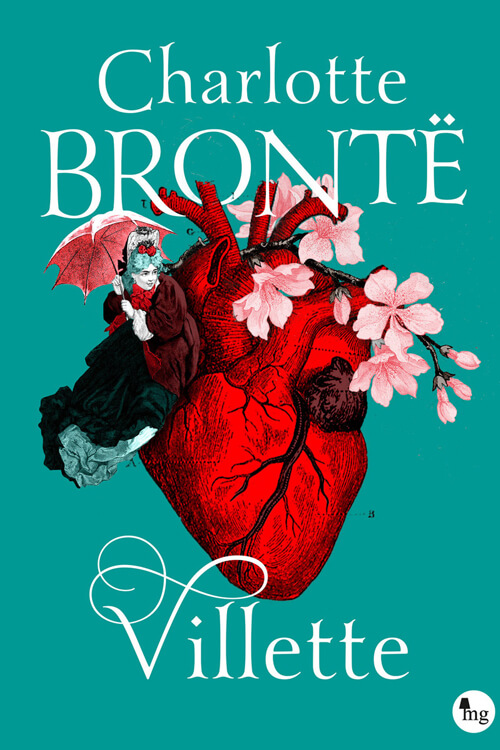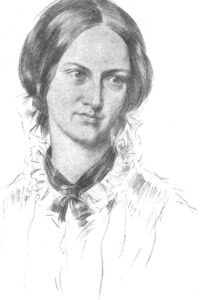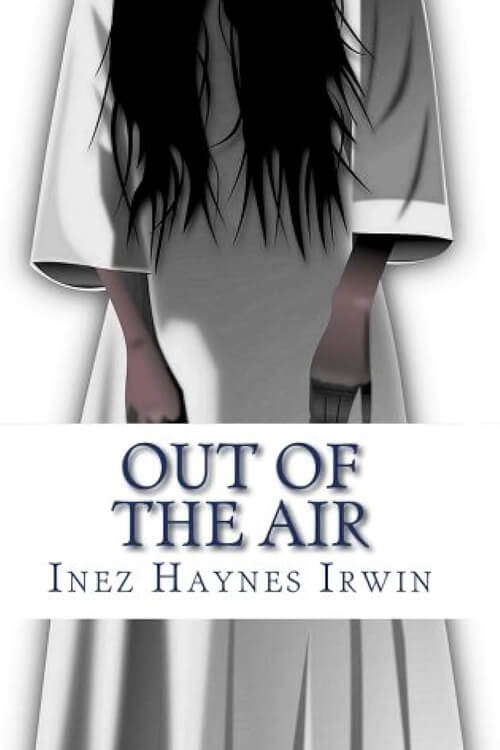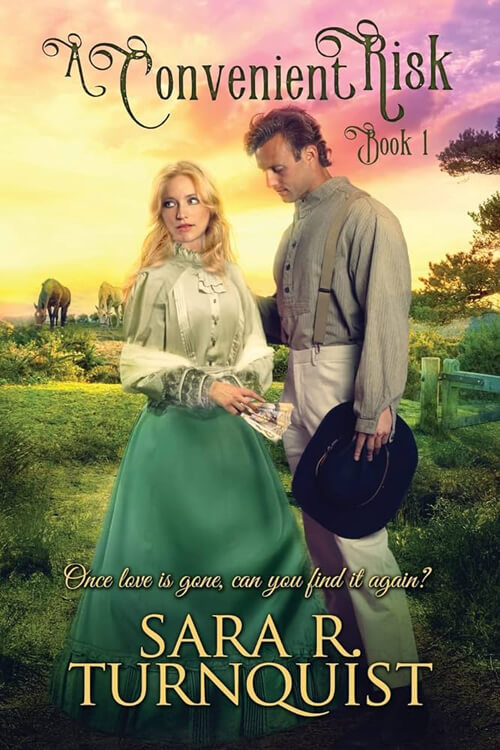
Villette
My godmother lived in a handsome house in the clean and ancient town of Bretton. Her husband’s family had been residents there for generations, and bore, indeed, the name of their birthplace—Bretton of Bretton: whether by coincidence or because some remote ancestor had been a personage of sufficient importance to leave his name to his neighborhood, I know not.
When I was a girl I went to Bretton about twice a year, and well I liked the visit. The house and its inmates specially suited me. The large peaceful rooms, the well-arranged furniture, the clear wide windows, the balcony outside, looking down on a fine antique street, where Sundays and holidays seemed always to abide—so quiet was its atmosphere, so clean its pavement—these things pleased me well.
One child in a household of grown people is usually made very much of, and quietly I was a good deal taken notice of by Mrs. Bretton, who had been left a widow, with one son, before I knew her; her husband, a physician, having died while she was yet a young and handsome woman.
She was not young, as I remember her, but she was still handsome, tall, well-made, and though dark for an Englishwoman, yet wearing always the clearness of health in her brunette cheek, and its vivacity in a pair of fine, cheerful black eyes. People esteemed it a grievous pity that she had not conferred her complexion on her son, whose eyes were blue—though, even in boyhood, very piercing—and the color of his long hair such as friends did not venture to specify, except as the sun shone on it, when they called it golden. He inherited the lines of his mother’s features, however; also her good teeth, her stature (or the promise of her stature, for he was not yet full-grown), and, what was better, her health without flaw, and her spirits of that tone and equality which are better than a fortune to the possessor.
In the autumn of the year –- I was staying at Bretton; my godmother having come in person to claim me of the kinsfolk with whom was at that time fixed my permanent residence. I believe she then plainly saw events coming, whose very shadow I scarce guessed; yet of which the faint suspicion sufficed to impart unsettled sadness, and made me glad to change scene and society.
Read or download Book
Charlotte Brontë
Charlotte Brontë (21 April 1816 – 31 March 1855) was an English novelist and poet, the eldest of the three Brontë sisters who survived into adulthood and whose novels became classics of English literature.
Biography.
She is best known for her novel Jane Eyre, which she published under the gender-neutral pen name Currer Bell. Jane Eyre became a success in publication and is widely held in high regard in the gothic fiction genre of literature. She enlisted in school at Roe Head, Mirfield, in January 1831 at the age of 14. She left the year after to teach her sisters, Emily and Anne, at home, returning in 1835 as a governess. In 1839, she undertook the role of governess for the Sidgwick family but left after a few months to return to Haworth, where the sisters opened a school but failed to attract pupils. Instead, they turned to writing, each first published in 1846 under the pseudonyms of Currer, Ellis, and Acton Bell. Although her first novel, The Professor, was rejected by publishers, her second novel, Jane Eyre, was published in 1847. The sisters admitted to their Bell pseudonyms in 1848 and, by the following year, were celebrated in London literary circles.
Charlotte Brontë was the last to die of all her siblings. She became pregnant shortly after her marriage in June 1854 but died on 31 March 1855, almost certainly from hyperemesis gravidarum, a complication of pregnancy that causes excessive nausea and vomiting.






